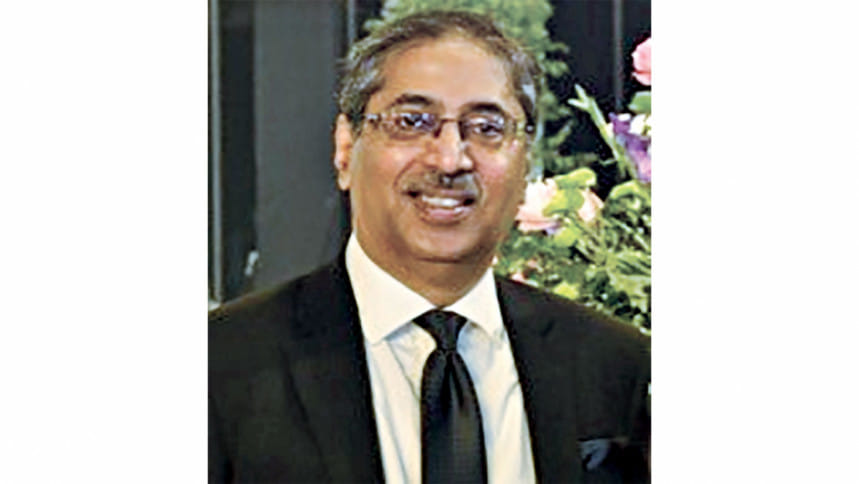Demystifying the essence of corporate leadership

All of us remain enamoured by principled political leaders like Bangabandhu, Mandela, and Gandhi, who we respect and admire and are willing to follow due to their sacrifices for upholding principles. However, this write-up is about a different type of leaders, namely corporate leaders.
To help aspiring corporate leaders realise their dreams, I have tried to capture in this article the key qualities and behaviours demonstrated by successful corporate leaders I have seen and worked with over the years.
In my experience, the human side of leadership is far more crucial than the analytical aspect (e.g. strategy, problem-solving, decision-making) of leadership, which the younger generation appears to prioritise over the human aspect. Results are important as people do not like to be led by "losers". Neither are they enamoured by poor performance. However, in my experience, it is the human aspect which usually makes or breaks leaders.
The essence of true leadership lies in courage, confidence and sacrifice amid adversity and uncertainty. Integrity, honesty and ethics form its foundation, fostering trust and psychological safety.
True leaders embody humility, respect for others, compassion and excel in building meaningful relationships. They demonstrate empathy as well as a keen understanding and support for team members' diverse desires, motivations, fears, strengths and weaknesses. I found this latter human skill to be absolutely essential for fostering collaboration, influencing others and achieving results.
The most successful leaders I have worked with exercised influence by clarifying and inculcating values and purpose to create a meaningful context, fostering a compelling vision and mobilising everyone. They engaged hearts with the "why", heads with the "what" and hands with the "how", energising mindsets and behaviours.
They effectively communicated, often through story-telling, inspiring and informing with clarity and empathy, while modelling the way. Such leaders brought out the best in others by developing the necessary skills and uniting people for collaboration, simplifying processes and leveraging relationships. They also focused positively on recovery from failure by crediting successes to others, while taking responsibility for failures.
Yet, they remain ambitious, constantly challenging status quo, calm in adversity and adapt swiftly to leverage uncertainty, navigate conflicts and seize opportunities. They ensure accountability with tact and "tough love," firmly addressing issues while offering support.
Effective leadership prioritises goals with an unflinching focus on results and decisive action, often seeking innovative solutions. Leaders also possess a hunger for knowledge and a growth mindset, striving for excellence in all endeavours.
In conclusion, as a note of caution, I also offer a contrasting perspective on business leadership, acknowledging leaders' human nature driven by self-interest.
Slogans and declarations by leaders prioritising customers, employees and society are often a facade, as it only holds as long as it aligns with self and shareholders' interests. While few exemplify genuine selflessness (e.g. Warren Buffet, Ratan Tata, Azim Premji), many are highly political and cultivate a ruse of "servant" or "authentic" leadership to obscure dubious deeds.
These so-called 'revered' corporate leaders are born by stepping on the shoulders of other stakeholders. Some are exposed and fall off the pedestal, while others maintain acclaim with people trying to emulate what they say in speeches or interviews or their autobiographies.
Yet others cover up their tracks and buy their way into stardom through large-scale philanthropic activities. Thus, in this nuanced landscape, shades of grey prevail, with rare examples of authentic leadership shining through.
The author is a former chairman and managing director of Unilever Bangladesh Ltd

 For all latest news, follow The Daily Star's Google News channel.
For all latest news, follow The Daily Star's Google News channel. 



Comments